Art Directors are usually always people, and as such they vary wildly as people do, and succeed and fail as people do. Like many artists some are right and great for their jobs and sometimes also, not so much. You never really know what you’re going to get with a newly met Art Director/Editor (as sometimes they are one in the same or the editor takes on this role depending on a number of factors), but there are telltale signs early on to help you properly grok who or what you are in for going forward. There’s a lot of ways a project can go south, some are via outside sources far beyond anyone’s control, but a lot of the time these relationships go sour because of poor communication, egos run amok, or simply because one of you is bad at their job. I’ve had far more successes than failures and made deep lasting friendships with Art Directors I love like family, so below is a guide to navigating this part of our business in a way that serves the only real purpose that matters: making good work that helps the project achieve it’s best possible success. Ready, steady go:
1: REMEMBER, IT’S A RELATIONSHIP
Some places let their ADs run their departments without much oversight and interference and that means a truly professional and talented AD to have been given such a long leash, and a concise and aidfully streamlined experience for you. Some Editors and Publishers ADs as mere messengers to relay input and communication between the artist and whatever department oversees the project- be it an editor,the author, the publisher or the marketing department… and that will mean a more circuitous route for you and a sloggier more complicated process overall. Cultures in various publishers change with each house, and so even an AD you had a great easy time with in one place can be a different creature in another. Not everyone can through force of will dominate their culture against an overall company one, and those that do tend to stay where they’ve already established their kingdom. It helps to know what the dynamic is before going in, but with a new publisher, this isn’t always possible. If you can get input and advice from a fellow artist who’s worked with this new publisher, I heartily recommend you reaching out. This is one way having a peer group or community can really support and strengthen you as an artist. Do so knowing that it will always be apples and oranges and one person’s experience will differ from another’s… that said there are lessons to be gleaned from any experience. But the point here is that sage rule that pretty much applies to everything all over” It’s about relationships. No one I know who is successful in their career, sandbags and destroys their ADs. Ultimately it’s these folk who can make or break a job you will or will not get, or navigate the brambles of their company or situational culture. it is simply in your interest to be communicative and understanding and open minded and above all PROFESSIONAL when dealing with them. But also not doing so negates the potential you have for making friends and growing your art community. Many of my closest pals are AD’s and frankly it makes a job a million times more fun when this is the case. You can be less guarded and more open. There’s a baseline respect already there and an understanding of each other’s foibles. And if things go to the crazy place, and they always do, it helps to have a close relationship as they will make navigating the rough seas better, and will have your back more should things get really rough. ADs can be your shield walls against a kooky author or a domineering editor/publisher, or they can be the tip of the spear of those factor’s intentions. It’s your call. Call it well.
2: KNOW YOUR ROLE
You may be an artist, but this isn’t fine art. You are being hired to serve a purpose, and while using your finely honed talents and artistic vision absolutely and should be brought into this passion play, never let one’s artistic desires to overtake the purpose of the job before you. If you’re doing a book cover, your job is to grab a passing potential reader and bring them in to give the book a chance to be bought and read, and hopefully shared with others. if it’s ad work or a movie poster or something else, know what the goal is and keep your compass pointed always in that direction. This will go a long way to lay ground for the emotional distance you need to navigate the ups and downs of the process as well as make your decisions line up with the goals of them that hired you- which makes for a smoother run for everyone. It doesn’t matter of the job is below your rate or a favor to a comrade once you agree to the terms and get going on the job. Just because they’re only paying you $200 for a cover does not give you permission to phone it in- that only cheapens you and your work to think that way, and more often than not, these smaller underpaid jobs can lead to huge benefits later that more than compensate for whatever meager cash you saw upfront. Art Directors and Editors are often seen as an enemy of sorts to your artistic freedoms. This is not the case more often than not, and even more often than not is the case due to the faulty of the artist- usually because they enter the relationship from this mistaken viewpoint. Ideally, the AD is there to make you make your best work that suits best the project at hand. If you are hired to provide art for the front of as book, your role is to serve that end to the best of your abilities, and the AD can be the referee to keep you on course and within the margins to see that best effort become a workable reality.
3: PLAY THE LONG GAME
This is life coach kind of advice, and can and should be applied to all things from marriage to your personal health. But in our realm today, I mean it insofar as it concerns the very essential talent you should develop to both devote yourself entirely to the job at hand and to look beyond it. It sounds oxymoronic, but being able to do both doesn’t have to be.
When you’re on your job, that really should be your whole monogamous focus. Even if you’re juggling a few different jobs, when you’re on a thing, you should put EVERYTHING into making this thing the best thing you have ever done ever. And about half the time, the job itself may not warrant this devotion, but damn it all you gotta find a way to surpass it and bring your A game. Both because it will surprise you how much you can grow as an artist by accident. You want to give yourself room for that to happen whenever you can. But also you need to show that even if the job is dumb, or the author is terrible or whatever poopy thing is going on, that you can rise above its downward drag and bring the goods when it ain’t easy to do so. That’s a sign of true professionalism and strength for yourself and your own artistic confidence, but moreover your behavior and attention will be noted by the editor/AD, and may if you’re magnificent great at pulling this off, get you a quick second job out of sheer pity or impressiveness. But really digging further it’s going to endear you to the people you want to notice it, that means when a gig come sup, you end up staying on their upper list because you’ve shown through proof, that you can bring home the bacon AND fry it up in a pan. They don’t forget that, and you know what? ADs and Editors move between companies ALL THE TIME, so even if your AD is excellent but the job is terrible due to the culture or whatever at the house, don’t be surprised if they show up at another, better place with work that you two can have ice berg sized levels of fun on.As for the long game, that’s a big piece you’ve put towards that. It can mean the difference between the spasms of the moment and what the kids these days call “A Career”.
A lot of the long game thinking happens and informs even saying yes to the job that comes to you. be prepared to eat a little crow today so it;s caviar and champagne five years from now. Whether your steering this towards creator ownership projects over work for hire gigs, or simply taking on something that maybe you don;t love, but it serves a tactical purpose that can bring you to a gig you do love later. I’ve often… oh so very often… been called on to be Johnny-On-The-Spot for a crisis gig. Whether the artist that originally hired went koo-koo, vanished or was fired. Whether a problem was found right before press only you can fix, or something else fell through, I have a reputation for being this guy largely because I was this guy when I first came up. I had a job to do a 8 page comics story for The Matrix Comics and had less than four days to invent, write, draw and letter. Insane by any measure, but I did it, it landed well and led me on to doing four more stories with them before doing similar things even as recently as a month ago. (see here for the full tale on that one). It’s not a brag but merely a fact purposefully cultivated. If my in was to rescue a gig, it worked as an in and if it maintains the gift of a surprise last minute gig, then that is also good. Yes, it does likely mean a hellaciously truncated experience and working through the weekend and some mild-to-severe cry-dancing, but that’s the moment that will pass. The endearing gratitude and success of sticking it out and delivering in these circumstances will make whatever hellscape it took to get there, a wistful anecdote at best. Tomorrow should in theses trump today. But while you’re in it and suffering, keep focused on the work and the need at hand. If you’re what’s keeping your boat from sinking into the sea and drowning all of you, sabotaging that survival because getting wet makes you feel icky, well thjat’s just not going to work for you and you really should probably think about what you might do for work after or beyond this kind of thing. There’s good times and bad times and if you wait long enough you’ll get hefty doses of both. The point isn;t avoiding the bad times, it’s taking away from them, whatever wisdom you gain and use that business to make the next time a good one. Welcome to life.
4: NEVER SAY “NO WITHOUT A “BUT…”
It’s an old sage rule from actor’s improv techniques. Always contribute even when you disagree with a direction. (Any of you out there with kids know the silent hate we parents feel when we offer them food to keep them alive that they reject without SAYING WHAT ELSE THEY MIGHT HAVE). It is despite what you may feel in your deepest bones, to decline a direction or a solution to a problem as proposed by your AD/editor. You are after all a FREElancer and thus presumably free, not a slave. That said of course you are obliged, often contractually, to solve issues. That is your job really. But sometimes you will get asked to say, make TOO many sketches, or do something weird like get a note about needing more boobs, or give Bilbo a codpiece or something frankly, you do not want to do. It is okay to decline, but I have found more that it is better received that any declination get turned into less a “no” and more a “but what about this idea…”. Essentially given them a solution if you can. it may not work, and it does require you to be present and be able to come up with one based on the need. Not all ADs are terribly visual minded people (seriously I know this sounds nuts, but you’ll see… you will see…). Sometimes they are given commands from a committee that really has no idea what they want, so the worst idea gets made into an order passed down the chain to you. As I said, you can say “no”, but try following that up with a solution. It will actually endear you a bit more and show you are committed to the solution rather than just being a new problem… and if you’re lucky, they will agree with your “but…”, and instead of their booby solution, you get to make it better with one you directed. Everyone wins.
5: BE ON TIME
This is a no brainer, But what I have found surprisingly, is that many up and comers don’t quite fully grok how essential this one is. While yes, most ADs and editors pad their deadlines by necessity of the world being an insane and unpredictable place, and you probably have a bit more time than you think- unless it’s a Johnny-On-The-Spot gig as mentioned above, this is a business with deadlines for a reason. Practical real world calamity making reasons. Being on time helps avoid such a calamity, but moreover it shows you know how to show up, get the work done and clock out without costing them overtime or a missed space in the press queue. It means you’re a Steady Eddy, and again being reliable and professional gets you more work. Yes there are certain artists who have careers that excel despite being notoriously late, but those are rare birds and despite their ongoing success, they make everyone on the other side absolutely bonkers. They get hired at that point for their craft despite themselves, and you don’t want to proudly enshrine yourself in that particular ethic. Remember, it’s all about relationships, and a damn fine way to blow a good relationship is to miss your dang deadlines.
6: KNOW HOW TO SPOT THE BAD ONES
I’m just going to be honest and say it. ADs and Editors are not all awesome. Like the spectral scope of humans, not everyone you get linked with will be a great time, and some might even have no idea what they are doing. But you need to be able to work with them anyway. I have found it really helps to develop a lot of early warning systems to spot these folk early. Like sonar beacons giving islanders a heads up before a tsunami strikes, this can save you from drowning in their crazy, and you becoming crazy and angry and start behaving like a do-do. A key component of this exercise is forgiveness and tolerance. Sometimes other people are just running a different current than you and conflict derives from that. Just be accepting of others’ weirdnesses, and spot those conflicts early and bend like the reed, Young Grasshopper. You are there to do your job and if you can form a new lasting relationship with your compatriots in that exercise that is the ideal. If that doesn’t come, well that’s okay because the job is still why you’re there. It does not serve the job to pick up fights, to be combative or overly resistant or arrogant. It certainly does no good to provide the good people of the interwebs with an after action report of your struggles. That is NEVER a good idea. Avoid later, even warn your peers of such places.
7: DON’T ASSUME THE WORST AS TRUE
ADs are office-folk- and as such are answerable to their various agencies within the office they work in. That dynamic can change and does, depending on the company they work for. Sometimes long silences from your AD are simply due to their being busy working on selling your vision within the framework of their office structure. or they’re wrestling with an editor or standing tall on your behalf with a difficult author. I had a job recently that finally concluded only after my AD spent 90% of the time and work put into the project, mocking up dozens of different layouts and designs using my art as a base, and then waiting overlong for some approval or direction. On my end it was months of silence followed by rejections or approvals garnering a bit more work and then more waiting while things worked out. Simply put: sometimes they’re absent because they are busy fighting for your cause. Sometimes they have to wrestle with a marketing department that lacks any kind of artistic vision and want simply to follow a current trend counter to what you are all doing… like Pink is in this season, so make your cover pink! (This sounds like a joke but is a real thing that happens more often than you’d imagine). Sometimes an AD is simply processing what you’re doing and trying to figure the best approach or notes to give so they aren’t being flip, or unhelpful towards the goal of getting it right. Sometimes it serves your interests to take these periods of silence to re-examine your work to be certain it’s doing it’s job correctly. The point is most of the time the silence is coming from a place that is supportive of what you’re doing. It’s fine to inquire, but patience is also important to your cause. And your cause should always be servicing the needs of the job first and foremost.
All of the above stuff should come together to negate the need for this step, but really what drives this is a little thing called CONFIDENCE. A lack of it, and let’s face it we all have lacks in this department in various degrees. Even mighty artists like Scott Fisher can starfish their way in front of a crowd, or Dan Dos Santos or Greg Manchess can paint in front of an audience like it was a simple thing, but that doesn’t mean when it comes to their work they don’t struggle with confidence about what they’re making what’s next where’s it all going. This comes from the terrible conflation of Time + Passion. Passion raises the stakes and the passage of time puts those stakes into jeopardy.
Some can saunter through like zen masters and be at peace with the rollercoaster, other more vocal neurotics like myself will let you know how scared they are all the time by saying so… all the time. But anyone who gives a rats ass about what they’re doing gets nervous about how it will turn out. That’s fine and a normal thing and not really something you should try and fix. If it’s getting in the way or leading to some level of non-functionality, well then certainly fix that. But don’t set a bar for excising the internal strife at all. Definitely make it smaller and manageable… fear can be a tremendous resource for creativity, and doubt it’s foil, so being an artist without these means you’re A.) not really and artist, or B/) You;re playing it safe and thus, doing it wrong. But let it overtake you and it can backfill little worry babies throughout your whole interaction. You’ll read emails wrongly, you’ll be so certain you’ll be fired you end up making sure it happens. Even illustrating a cover for Superman can be an act of going deep, and going deep into yourself and finding what’s down there you can use for whatever it is you are doing is the game entire. So go be the best psychonaut that you can be, and I guarantee you, you will surprise yourself and those working for you.Just remember it’s always about the next piece, and to get there, it has to be all about the piece in front of you. Worry about the shape of the road in your retrospective at MoMMA in your sunset years. For now, brick by brick you’re way into you’re own path forward, and look back only if it leads down the road further.
**P.S.
While said many times before, it should be said again… you could ostensibly boil all this down to simply “Don’t be an a$$#ole”. One of the things cover showed me personally was that all the seemingly trivial kindness, deadline meeting and reliability from these past couple of decades showed up as a savior in a crisis. When things go squarely publishers of any stripe retreat to safe quarters… like we all do. For their professional purposes though, those safe environs are holding on and utilizing their most reliable, dependable and professional artists and vendors. When I expected everything to seize up and die at the start of Covid, the opposite was true for me, even as it was true for many of my comrades. It baffled me entirely as I had set up a huge long list of preordered commissions to bridge the expected valley that actually turned out to be a mountain. At the time I didn’t know why, until later I began asking my editors and ADs, and heard the same thing from each and every one of them” We didn’t;t have the time we normally do to run gambles, or bring up fresh artists or deal with wild horses. We only had time to spend on artists we knew would and will deliver:. this is not a brag, but a validation of the most simple theory I only assumed until now: even if you are a tremendously gifted and talented artist, even if you are the bright shining light of awesome, if you’re a pain in the ass, or unreliable as a partner, it won’t matter. There are anecdotal rare cases where a certain artist has SUCH a cache of fans and notoriety that the difficulties are happily suffered. But for the rest of us mortals… better to work on a reputation that broadcasts your professionalism, courtesy and ability to land the plane. If it’s not the first most important thing, it’s certainly the closest of seconds. Go out there and be somebody (that people WANT to work with).


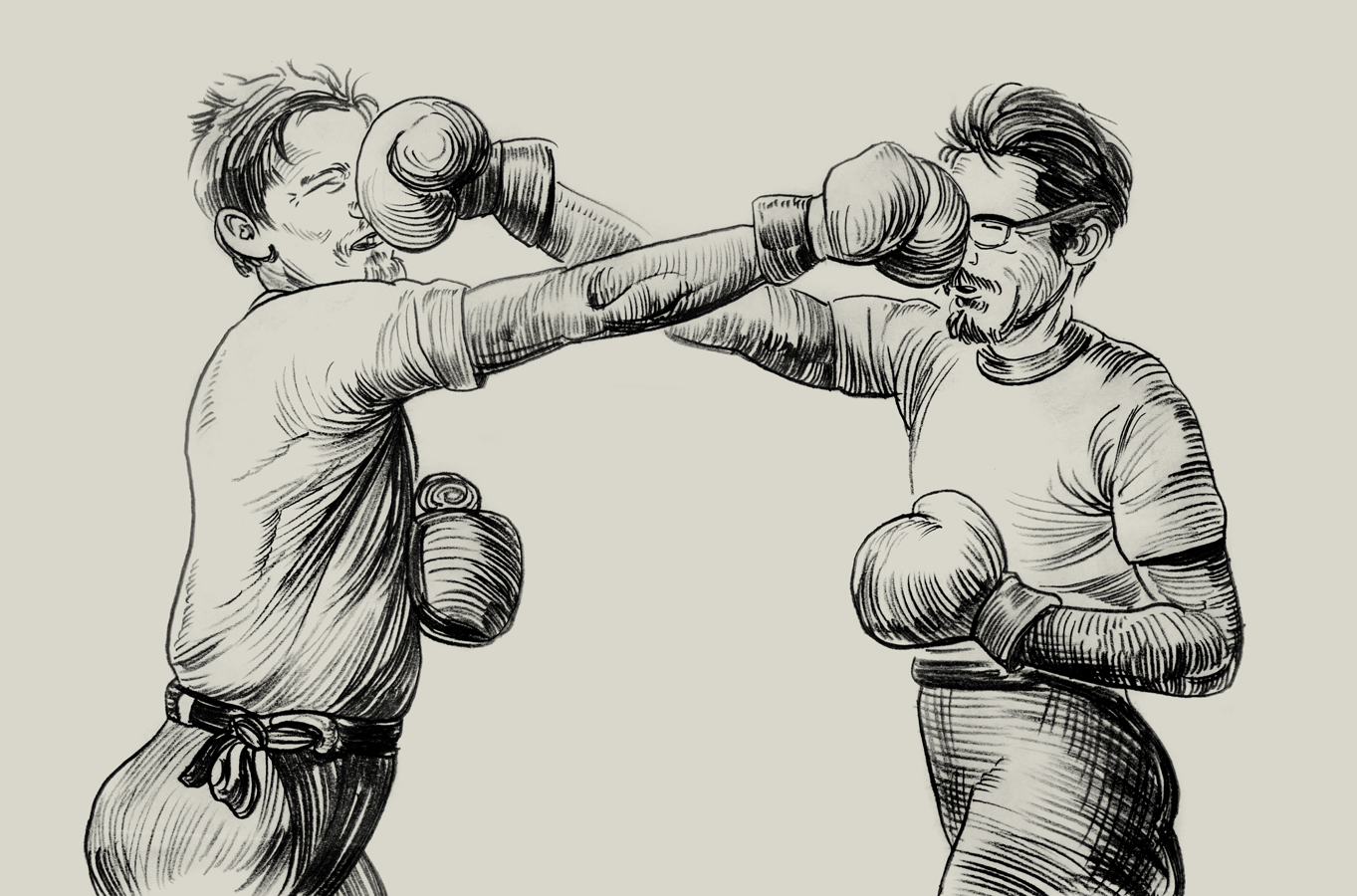
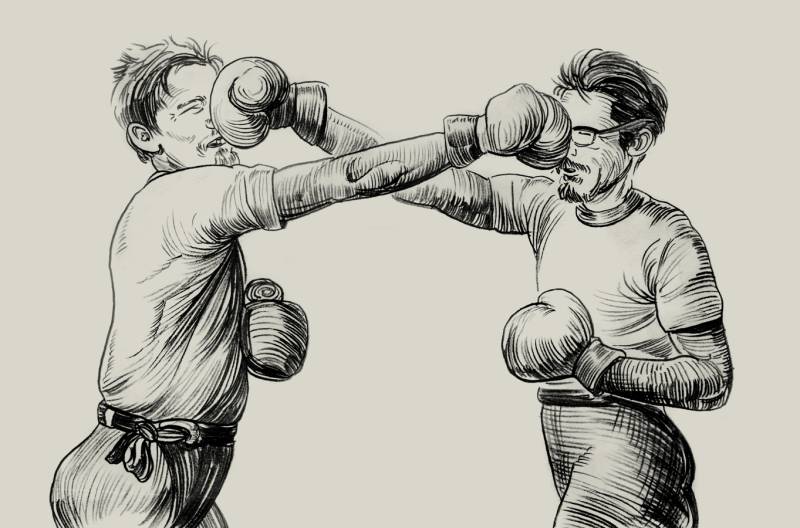

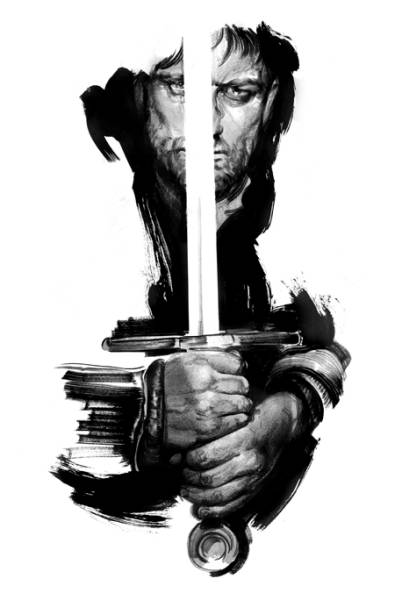

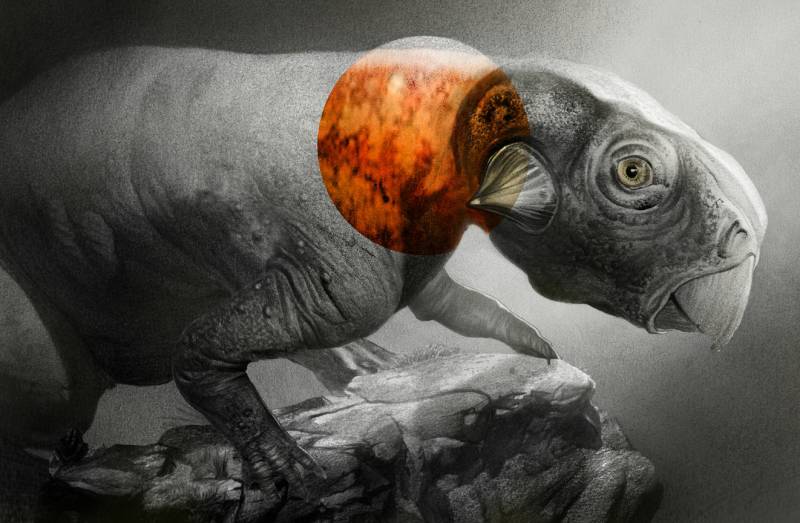


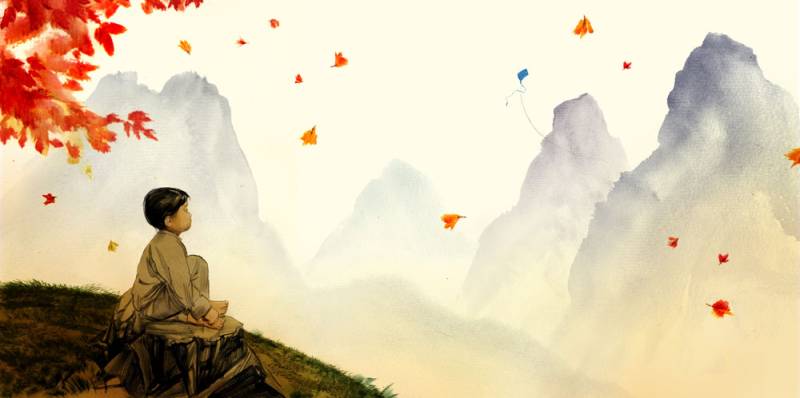

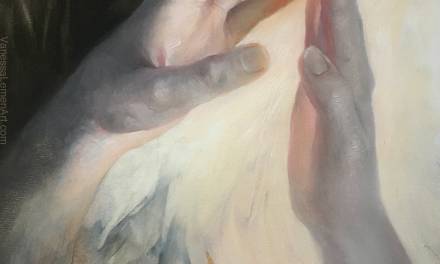
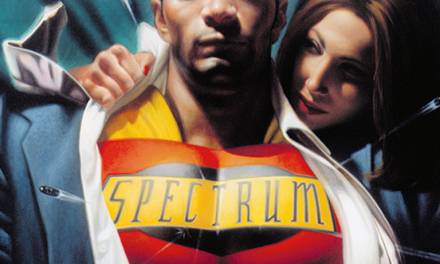
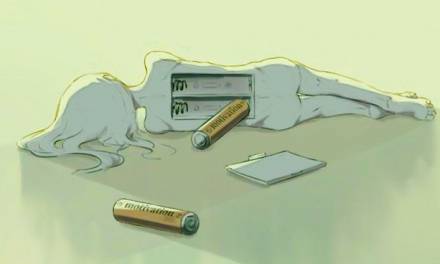
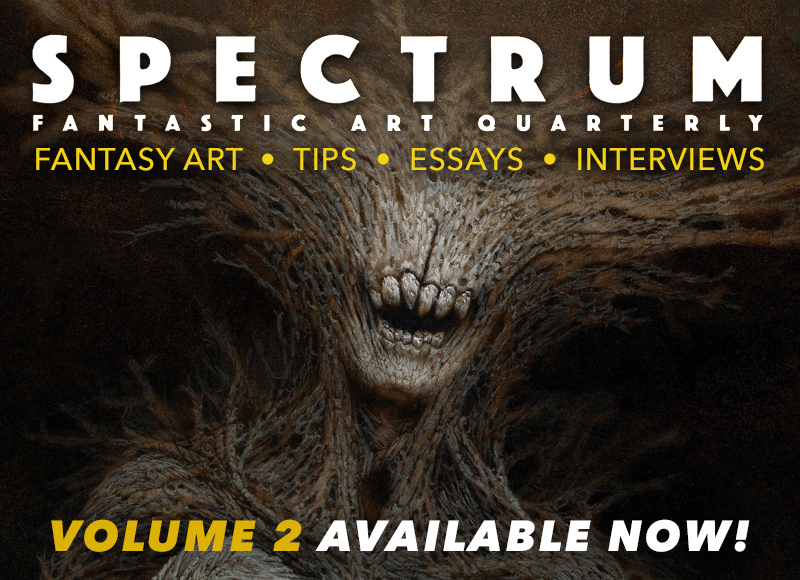
Great advice and I consider it part of my end of the bargain, to make the art director feel perfectly confident that they will hear back from me when I say they will. Also- one thing I've been guilty of in the past is not continuing the relationship past the gig. Meaning, I sometimes have forgotten that an AD might be continuing to check in on my online portfolio once in a while to see what I'm up to, if they had a particularly good experience with me the first time. I have really kicked myself for being lazy in updating, and so letting the ball drop in that way. I would like to continue to be in their rolodex, so I don't want them to think I've gone underground hibernating.
It’s a really good point and a sin I am currently entirely guilty of as well. You also cannot rely upon social media feeds to cover you on this front. if your website is your wheel’s hub, making sure that is given primary attention to updates is key to your ongoing success for sure. Your comment actually goaded me to set that right, so thank you. an excellent thought.
Yes yes yes. And yes. Also, yes. Happy to read I’m not the only one with things getting poopy, and having to do some cry-dancing to make it thru a piece.